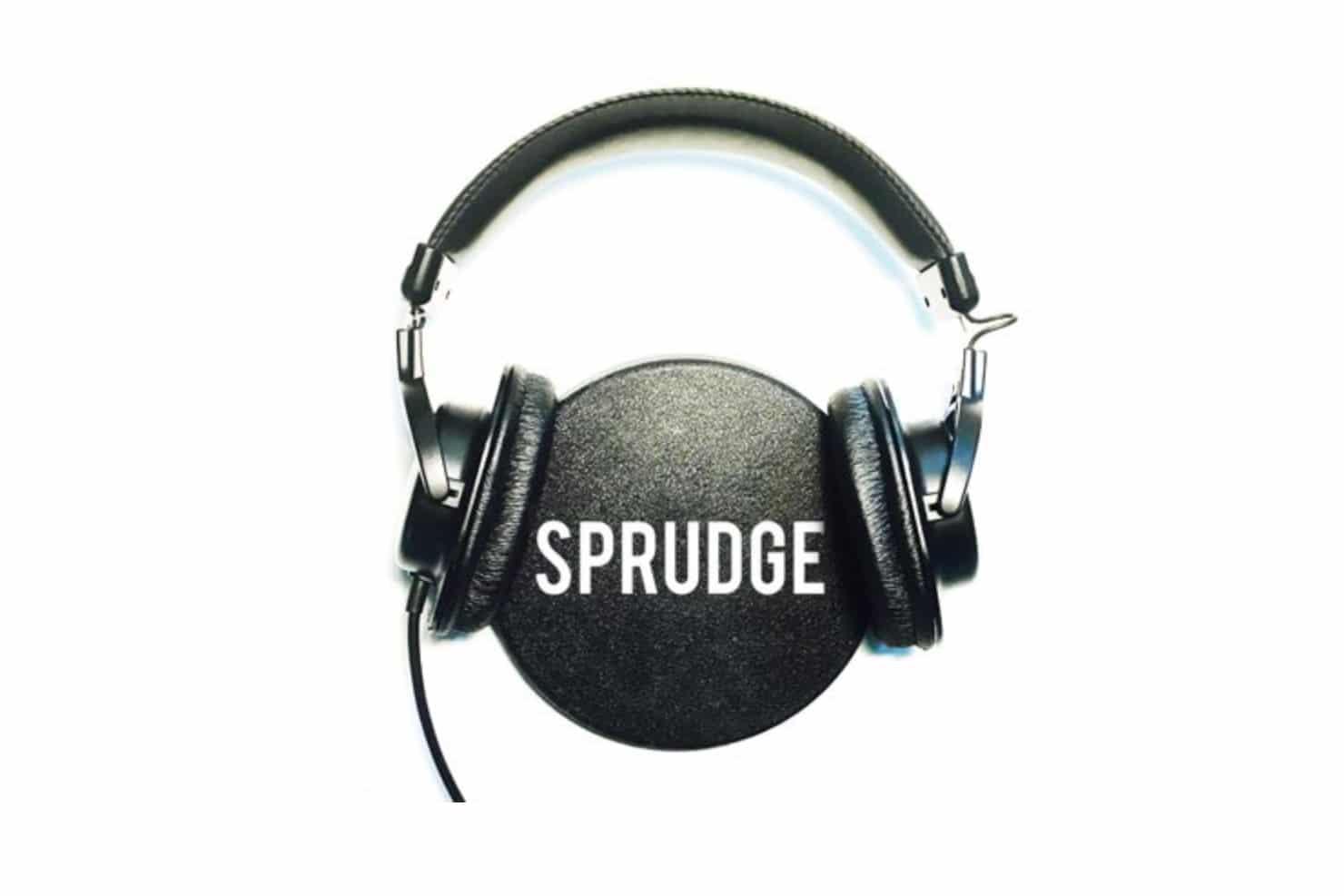In November of 2021, we reported on the United Nations Climate Change Conference, COP26, where the European Union proposed a new policy banning, among other things, the import of coffee linked to deforestation. Now, just over a year later, the EU has officially codified it into law.
As reported by Reuters, the law prevents “companies from selling into the EU market coffee, beef, soy, and other commodities linked to deforestation around the world.” Also included are “some derived products” that include chocolate, leather, furniture, rubber, charcoal, and select palm oil derivatives.
For the continued import of the listed commodities, the new laws requires businesses to prove when and where the products came from along with “verifiable” information that they were not grown on land that had been deforested any time after 2020. Companies must also “prove they respected the rights of indigenous people,” but only in cases where their rights are already under legal protection by the producing country. The laws sets as a penalty “4% of a company’s turnover in an EU member state” for non-compliance.
Per Reuters, the countries most affected by this—namely Brazil, Colombia, and Indonesia—is costly burden upon their producers and that “certification is also difficult to monitor, especially as some supply chains can span multiple nations.” Still, others state that the law didn’t go far enough. Because the law doesn’t include “other wooded land,” a 600,000 square kilometer woodland area—roughly the same size as the country of Ukraine—remains unprotected. In response, the EU states they will review the bill in a year to see if it needs to expand what is legally protected.
Currently, deforestation is the source of 10% of total greenhouse gas emissions the contribute to climate change.
The last hurdle for the new law is approval from individual EU countries as well as the EU parliament. Once adopted, the law can be enacted in as little as 20 days, at which time companies will have 18 or 24 months to comply, depending upon their size.
Zac Cadwalader is the managing editor at Sprudge Media Network and a staff writer based in Dallas. Read more Zac Cadwalader on Sprudge.

























